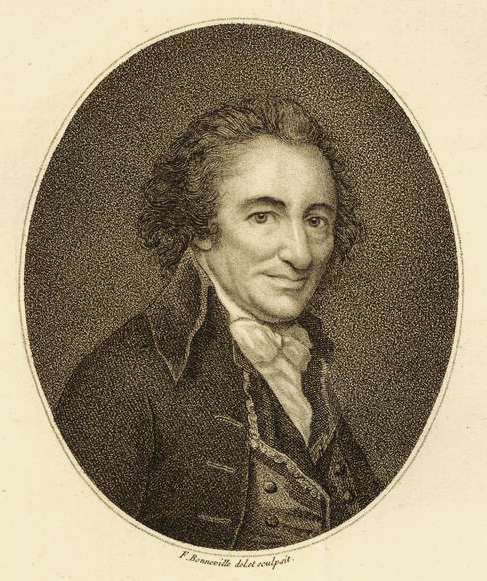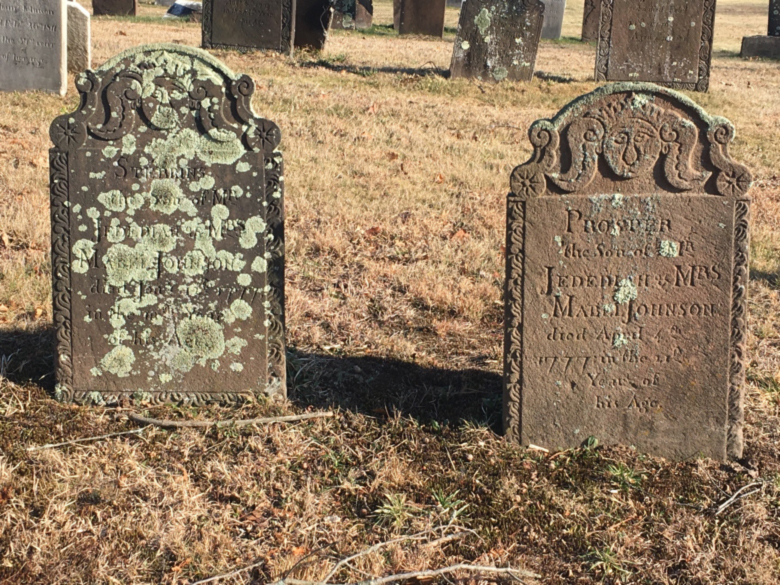Book Review: Dangerous Guests: Enemy Captives and Revolutionary Communities during the War for Independence by Ken Miller (Cornell University Press, 2014; order on Amazon)
A glance at the title gives the impression that this book is about prisoners of war – which would be fine, because there isn’t enough modern literature on that subject pertaining to the American Revolution. The focus of this new volume, however, is not on the prisoners, but on the impact of the prisoners on the community in which they were held. As such, it is a work with more than one dimension: it is a study of how the Continental Congress managed the challenge of handling prisoners of war, of how British prisoners responded to captivity in a land they’d considered a colony of their own nation, of how German prisoners reacted to incarceration in a foreign land populated by many of their own countrymen, and of how the local inhabitants dealt with the responsibilities and difficulties of holding these captives. Most important, it is the study of the evolution of a community during a conflict that was as divisive as it was unifying.
The book describes the experience of Lancaster, Pennsylvania, the primary location for holding British, German and Loyalist prisoners captured by American forces during the war. Like many Pennsylvania communities and indeed like much of colonial America, Lancaster was a community composed of diverse cultures, cultures which before the war interacted with only limited harmony. Regardless of rapid growth and prosperity, there was a great deal of segregation, mistrust and conflict among the diverse European peoples populating the colonies, thriving at the expense of native inhabitants and sometimes of each other. A third of Dangerous Guests is devoted to the genesis of the Lancaster community from its first settlement until the onset of war in 1775, establishing a firm basis for discussion of the challenges this community faced when called upon to manage a prisoner population that grew from hundreds to thousands as the war progressed.
The author does a masterful job of weaving together the wide range of interests and perspectives that characterized the Lancaster community, including both the local inhabitants and the prisoners who were confined there. The complex interrelationships are detailed clearly and concisely, making it clear that consensus on any issue was rare in the colonies. In this respect, Lancaster is an excellent example of nearly every community in the colonies, and the evolution of Lancaster’s society before, during and after the war is the story of America itself during this era. The divided loyalties, the self-interest of individuals and cultural groups, the pressures of government mandates first from Great Britain and then from Congress, are all conveyed in the author’s compelling narrative. Lancaster’s struggles were America’s struggles, and Dangerous Guests presents them in rich, unbiased detail.
The author’s heavy reliance on primary sources from local and state archives results in a story told on a very personal level. The impact of crown and congressional policies on the daily lives of Lancaster’s tradesmen, farmers, merchants and other citizens is revealed, and the author superbly brings this disparate material together in a smooth, readable fashion, using direct quotes, paraphrasing and summarization with equal skill so that the narrative is engaging and detailed without getting bogged down by too many examples or mired by the vagaries of period language. In terms of both the sources and the method of presenting material from those sources, Dangerous Guests is an outstanding example of how to compose a modern history book. It uses a wide variety of reliable sources to circumvent two centuries of romanticized perceptions about the American Revolution.
There is no evidence of bias or agenda in the resulting story that includes an array of perspectives; the motives, faults and foibles of the various interacting individuals and organizations are given equal weight and merit. We see the complexities of a community composed of diverse groups, all trying to maintain their own identities while coexisting with each other; the onset of war and the sudden infusion of prisoners of war, themselves a diverse and multi-faceted community, put extraordinary pressures on this already challenged society. The way that Lancaster’s community was redefined during this critical era is a fascinating story, exemplary of the American Revolution itself. Dangerous Guests is among the best treatments of this complex topic to come out in a long time, and deserves a place on the shelf of every serious scholar of America’s transition from colonies to nation.













2 Comments
I have to say I have been extremely interested in this book upon first hearing about it. While I’m at Easton, many of the prisoners from Lancaster were moved between there and here and I’m always interested in any information about PA during the war. This is going on me ‘must read’ list. Great review Don, thanks!
Great review. I’m happy the author will be speaking in this area twice. Also, thank you for the excellent talk last night at Old Barracks Museum in Trenton. A great evening.